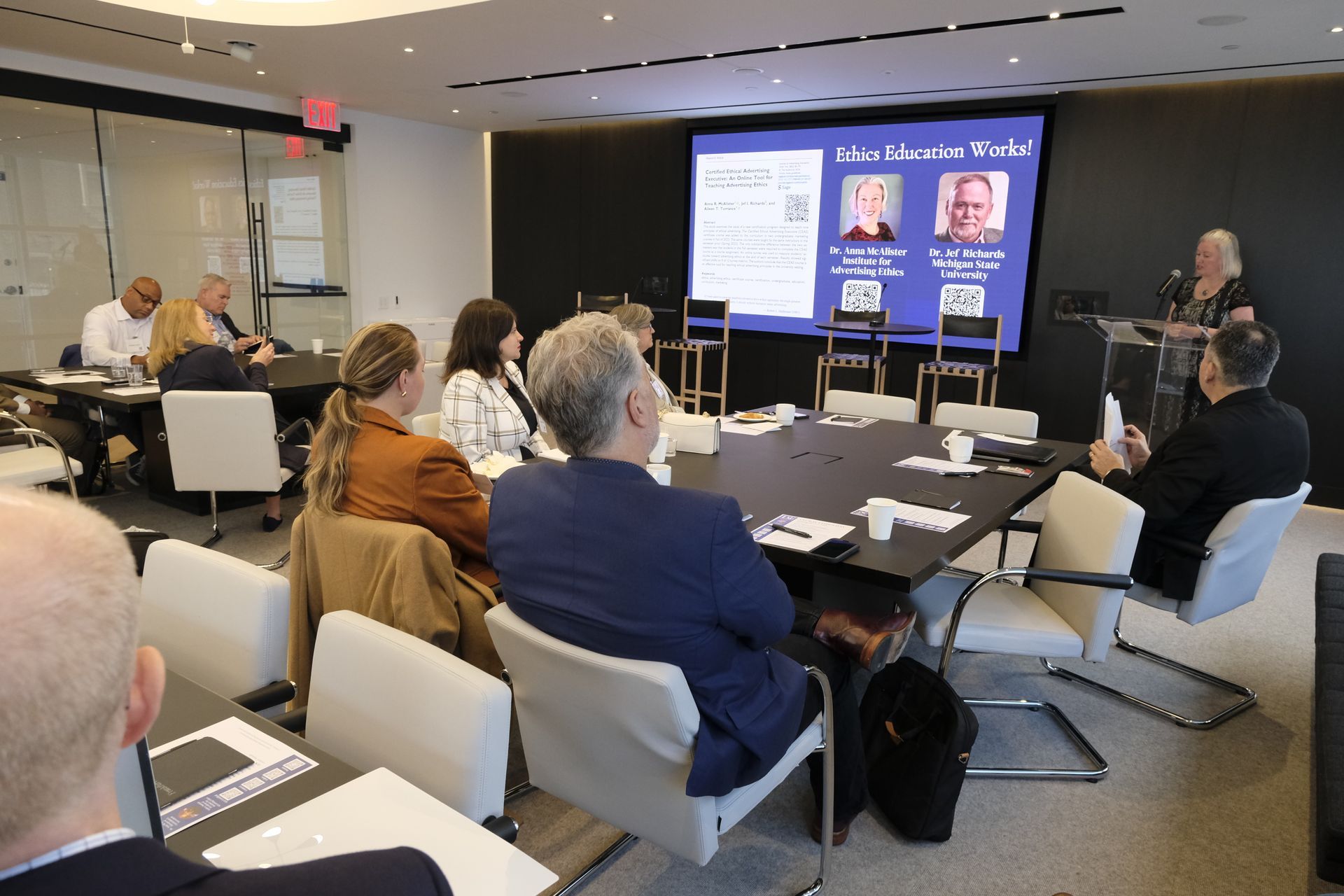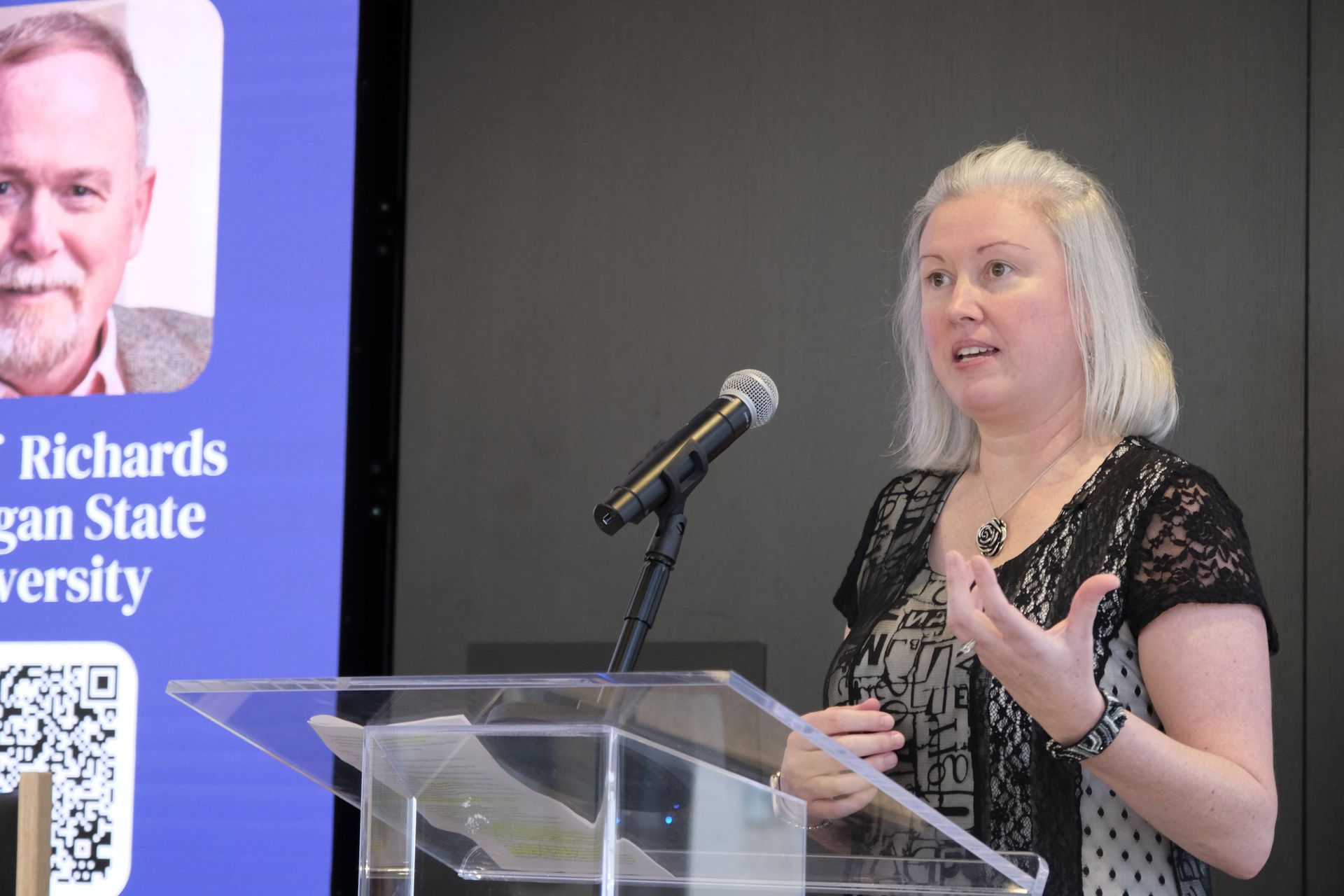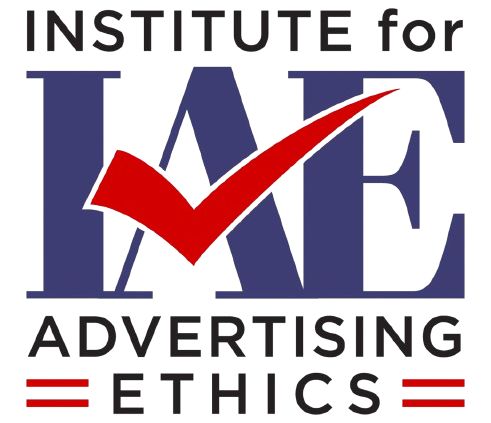Experts Highlight Role of Ethics Education and Self-Regulation in Advertising Industry
At the Institute for Advertising Ethics’ (IAE) Global Ethics Day, Michigan State University professors Dr. Anna McAlister and Dr. Jef Richards shared award-winning research demonstrating the positive impact of the IAE’s Certified Ethical Advertising Executive (CEAE) training on students’ ethical attitudes.
Dr. Richards explained that while advertising students nationwide often receive little to no formal ethics instruction, the CEAE program helps fill that gap. “Chances are there’s very little training in terms of ethics for the people entering the workplace in advertising,” he said. Richards and his coauthors conducted a before-and-after study comparing students who completed the CEAE certification with those who had not, examining whether the training measurably changed ethical perspectives.
Dr. McAlister presented the study’s results, published in the Journal of Advertising Education and named the journal’s Best Paper of 2024. “Out of the 12 survey items, we found significant differences on nine,” she said. “The changes were in the direction we would expect — after taking this ethical training, attitudes were more positive toward ethics.”

She added that other researchers, including a professor from the University of Colorado, found similar results — that students’ moral reasoning improved after taking the certification.
Dr. McAlister said she sees that as a call to action. “The fact that a young person is saying, ‘I feel like I can’t speak up,’ says to me there’s an opportunity for change,” she said. “We need to create a culture where people can ask questions and where we prioritize ethics.”






